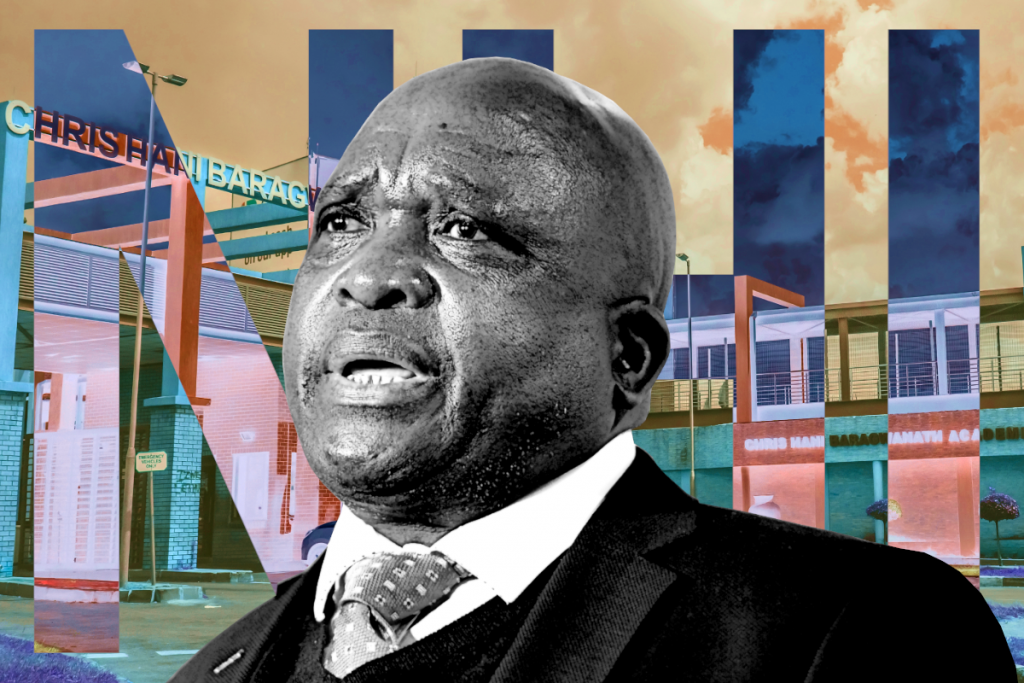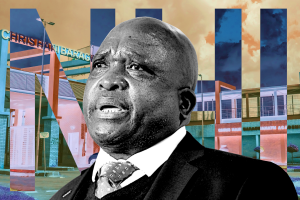30% more taxes for 70% less healthcare – the NHI’s big problem

The National Health Insurance Bill (NHI) needs to raise billions to reach the Department of Health’s grand vision, but millions of South Africans could see a dramatic reduction in how much healthcare they receive.
Although the National Assembly passed the NHI Bill earlier this year, it has received objections from medical schemes, doctors, business leaders, the parliament’s own legal service and South Africa’s Finance Minister.
Speaking on the PSG Think Big series, Discovery Group CEO Adrian Gore said that the NHI in its current form is unworkable due to its proposed funding model.
He noted that increasing taxes is currently the only way to get the additional R200 billion that the Department of Health said is needed for the system.
This would require potentially raising VAT from 15% to 21.5% and increasing personal income taxes by 30% or more.
However, these tax raises will only take South Africa’s average healthcare spend per person from R465 to around R680 per month.
“Now the medical scheme members – or the employed sector – who are funding that (the tax increases) spend about R2,400 per person per month,” Gore said.
“So, what you would see happening if you did that, you’d raise taxes for employed people by 30%, and you’d lower their healthcare by 70%. You’d go from R2,400 per month to R680 per month.”
Not all bad
However, Gore, like other members of the medical community, still believes that universal healthcare envisioned by the NHI could work – as long as the private sector is involved.
He said that many other countries – including the US, Australia, the UK and more – have an effective blend of private and public healthcare systems.
Although Gore is not yet sure how the NHI would work, he said that collaboration between the private and public sectors could find solutions to make it function- much like their collaboration during the vaccine rollout.
Moreover, the CEO is hopeful that low-cost benefit options currently with the Council for Medical Schemes get approved – as this would allow millions more to access private healthcare and take some of the burden off the state.
With the NHI also a decade or two away from being implemented, he hopes that this forms part of the tapestry of the NHI – and not a threat.
“I think healthcare is so complex – so anything that works, you need to do more of, and take the burden off things that don’t work,” he said.
Read: Eskom expands big plan to cut load shedding in residential areas





















